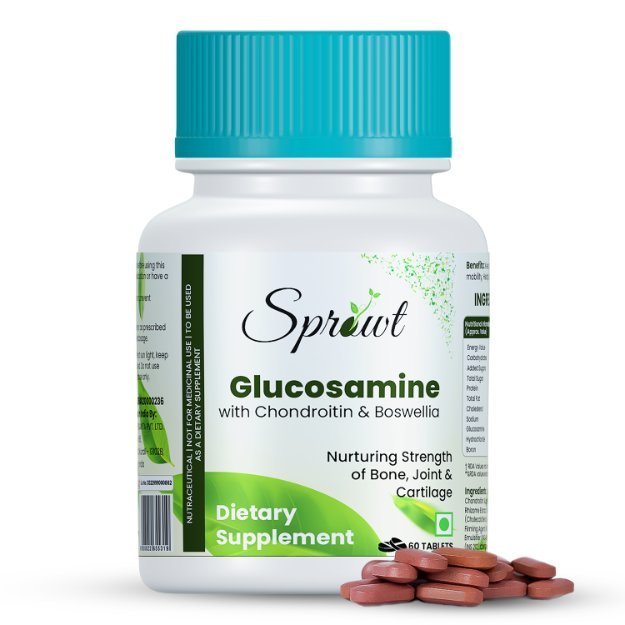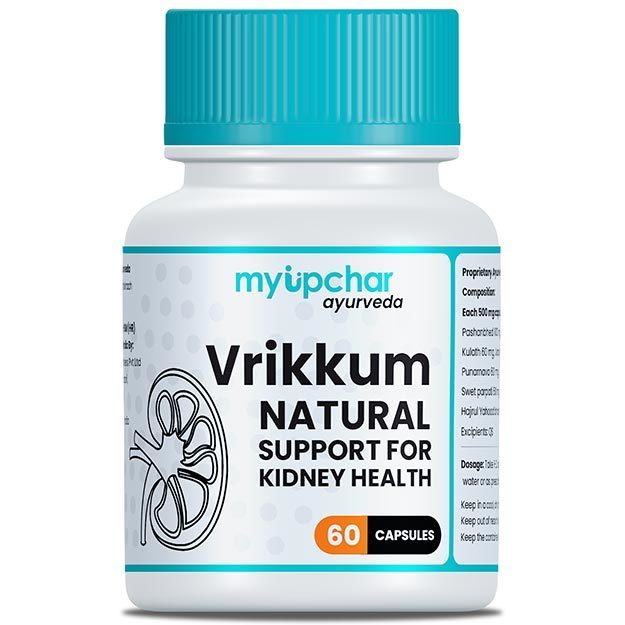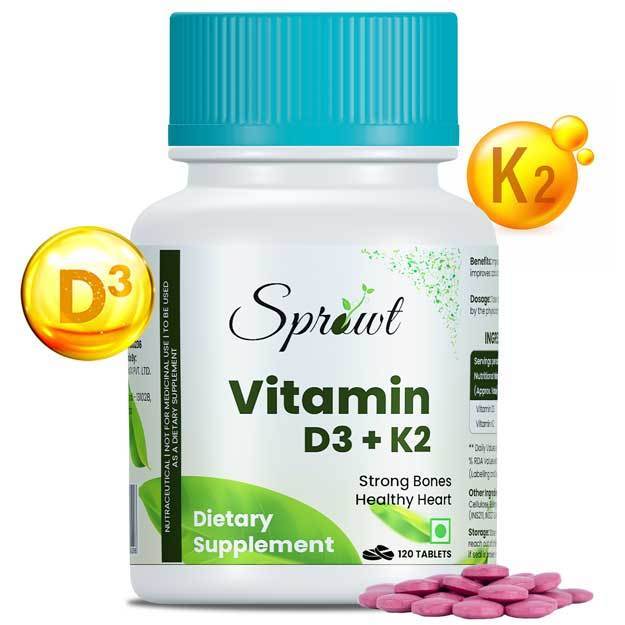Orkacin is a commercial drug that is prescribed in the form of Injection. Primarily, it is used for the treatment of Urinary Tract Infection. Secondary and off-label uses of Orkacin have also been mentioned below.
The right dosage of Orkacin depends on the age, gender, and medical history of the patient. Dosage also depends on the route of administration and your chief complaint for which the drug is prescribed. This information has been provided in detail in the dosage section.
Besides the aforementioned side effects, there are other adverse effects of Orkacin as well, which are listed below. These side effects of Orkacin are usually temporary and subside with the completion of treatment. Consult your doctor if these side effects become worse or stay for a longer duration.
It is also important to note that Orkacin has a Severe effect for pregnant women and Unknown effect on lactating mothers. Further, the section on Orkacin related warnings talks about Orkacin's effects on the liver, heart and kidney.
Orkacin can cause adverse effects in certain medical conditions. It is strongly recommended to avoid Orkacin in conditions like Dehydration, Parkinson's Disease, Hearing Loss. Other conditions have been mentioned below in the Orkacin contraindications section.
Additionally, Orkacin may also adversely react with other medicines. See below for a complete list.
In addition to the above precautions for Orkacin, it is important to know that it is safe while driving, and is habit-forming.
X

























